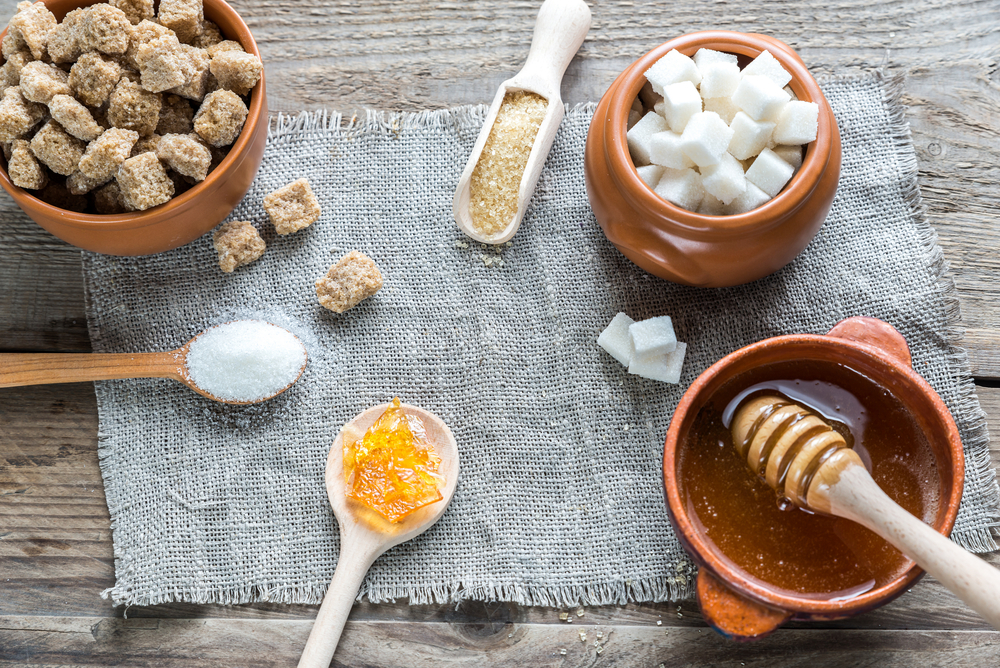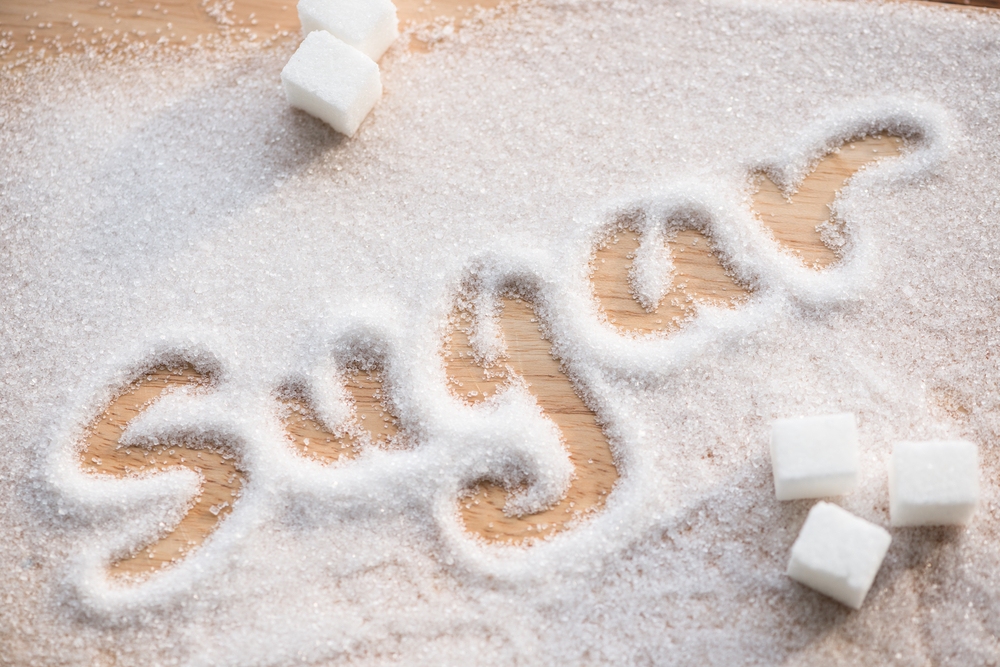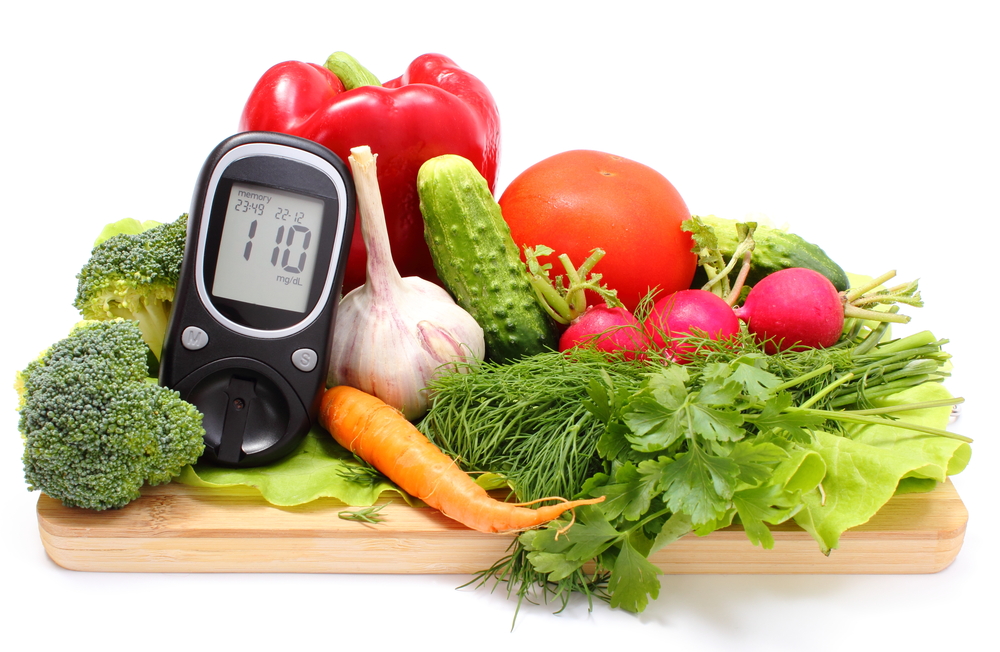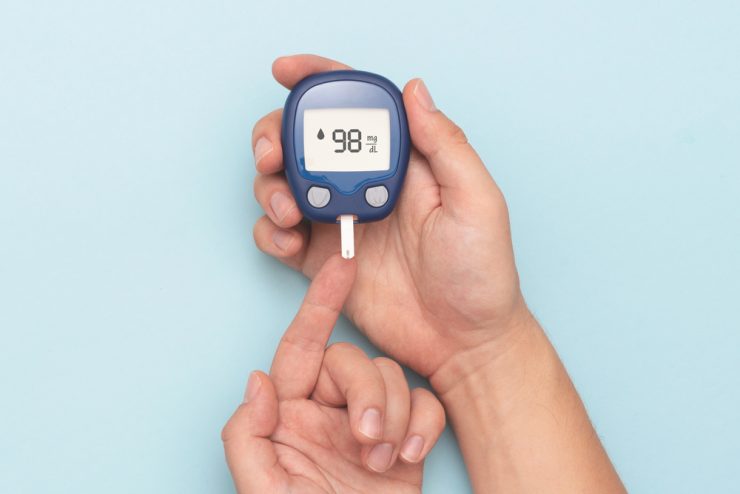Cases of diabetes are on the rise with the finger being pointed at sugar intake.
Clinical nutritionist Suzie Sawyer looks at how we can best protect ourselves.
Type 2 diabetes vs Type 1 diabetes
The number of people being diagnosed with Type 2 diabetes is rising. Type 2 diabetes is largely ‘man-made’ and, in most cases, can be prevented, well-managed or even reversed with a balanced diet and healthy lifestyle. Not to be confused with Type 1 diabetes which is a genetic autoimmune disease generally discovered during the early years and for which there is treatment but no cure.
The impact of sugar and Type 2 diabetes

While there are often several factors involved in the onset of Type 2 diabetes, and each case is individual, one of the biggest reasons for the rise in cases is the increasing amount of sugar we’re eating. Unfortunately, sugar is sugar in all its forms (and that includes honey and brown sugar). There are also many hidden sugars in a range of everyday foods, including cereals, meaning we are often eating much more sugar than we realise.
The NHS recommends that adults should have no more than 30 grams of free sugar daily (equivalent to seven sugar cubes). This includes all sugars added to foods by the manufacturer or chef, those present in honey and other sugar and fruit purees. Sugars are often added to breads and cereals (even though they may not taste sweet).
What impact does sugar have on the body?

The issue with sugar and diabetes is that foods high in sugar or those that are highly refined, trigger a greater release of insulin, the hormone needed to reduce glucose levels in the blood. People with Type 1 diabetes are unable to produce their own insulin; hence they need insulin injections.
As a normal part of metabolism, a quick trigger of insulin signals a quick fall in blood sugar which can set up unpleasant symptoms such as irritability, nausea, exhaustion, and brain fog. At this point we automatically reach for another sugar ‘hit’ to lift us up again. And so, the cycle continues until, in certain cases, the natural mechanism becomes overworked and less effective, and the journey towards Type 2 diabetes starts.
The role of insulin
As part of its natural function in the body, insulin pushes glucose into the muscle sites, liver, and kidneys for storage. We can utilise these stores when we require more energy. However when they’re overloaded, fat cells provide a safe haven, so we can start to put on weight. The heavier we are the more difficult it is to lose weight because insulin receptors within the muscles are blunter and can’t respond. Importantly, insulin can be a very destructive hormone when let loose and attacks the arteries and peripheral nerve endings. This explains why people with diabetes are more at risk from heart disease, kidney problems and damage to eyesight.
Eating a balanced diet

The good news is that by taking better control of our diet, we can help protect ourselves against Type 2 diabetes. It’s important to keep good track of all the sugars in the diet not forgetting the hidden sugars. Why not swap your sugary cereal for an egg-based breakfast (omelettes are great) which will get the day off to a flying start? If you can get blood sugar balanced at the beginning of the day, you will have fewer cravings, more energy and will be less likely to reach for the sugar-laden treat.
If you’re eating cereals, white bread, fruit-based yoghurts, cakes, biscuits, pastries, puddings, putting honey on foods, adding sugar to drinks or having sugar-laden drinks (and this includes those with sweeteners), then it’s important to be honest about how often they appear in your diet. If just as a treat, you’re probably doing fine but more than that and it might be time to take a closer look.
And a final word about fruit: fruit primarily contains the sugar, fructose. While this takes slightly longer to reach the blood stream, it is still sugar. Try to load up your plates with more vegetables than fruit. And if you eat fruit after a protein-based meal or as a snack with some protein such as nuts and seeds, the sugar and insulin response is much reduced.
It’s not about a life of denial, but about taking some time to evaluate how much sugar you’re consuming on a weekly and monthly basis.
Diabetes Week 2022 runs from 13th-19th June. For more information visit the Diabetes Website:









Add comment